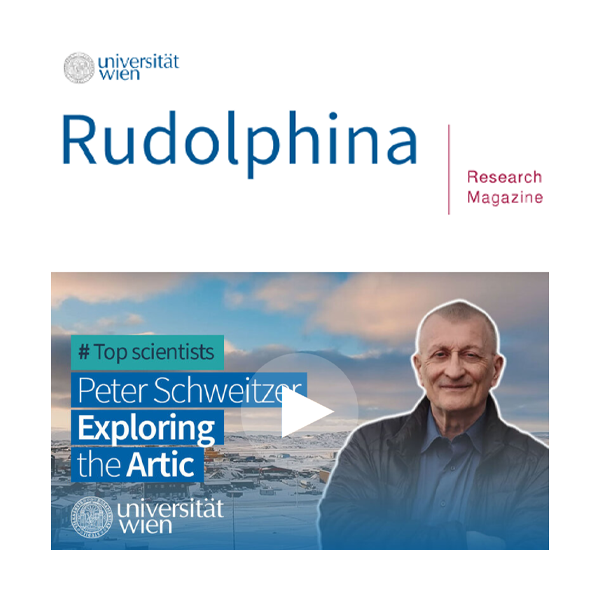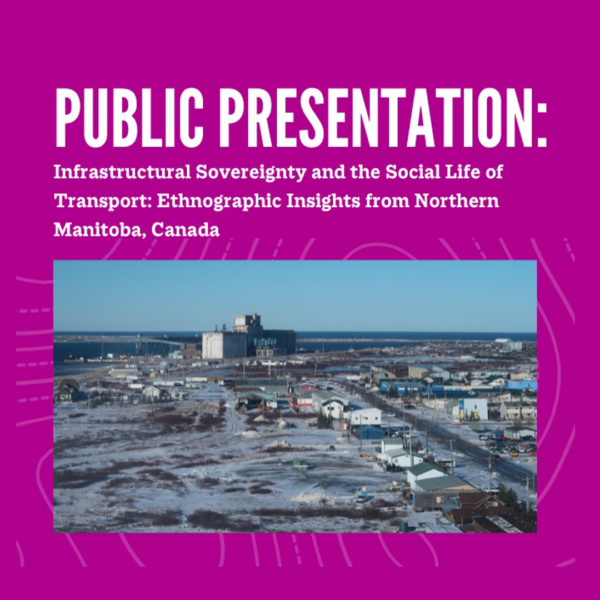May 25, 2021: InfraNorth Data Management Workshop
The InfraNorth team held a workshop on data management, where external experts on ethical issues related to ethnographic data gathering, usage, and transfer gave presentations.
The InfraNorth team held a workshop on data management, where external experts on ethical issues related to ethnographic data gathering, usage, and transfer gave presentations.

The peer-reviewed academic journal Visual Anthropology has just published the article “Framing Multipolar Tourism: Imaginaries, Visualities and Futures,” written jointly by Jolynna Sinanan (University of Manchester) and InfraNorth researchers Ria-Maria Adams and Philipp Budka. The article examines multipolar iconography and how imaginaries of remote, climate-vulnerable places have materialized through improved transport, enhanced accommodation facilities, […]

InfraNorth researcher Ria-Maria Adams will be convening a panel and presenting a paper at the 2025 Biennial Conference of the Finnish Anthropological Society in Helsinki. This year’s conference, which marks the Society’s 50th anniversary, will be held under the theme Comparisons in Helsinki from June 16 to 18, 2025. The panel session “Rethinking Infrastructure through […]

InfraNorth researcher Philipp Budka will deliver the keynote address for the Social Science Track at the International Digital Security Forum (IDSF) 2025, held under the theme “Sovereignty and Solidarity in the Digital Age – a critical view.” Hosted by the Vienna Centre for Societal Security (VICESSE) and the AIT Austrian Institute of Technology, it will […]

A recent article written by journalist Karine Lavoie for Le Nunavoix, a French-language community newspaper published in Nunavut, reports on the recent visit of InfraNorth researcher Katrin Schmid to Nunavut, where she presented the findings of her research on transportation infrastructure and food sovereignty in Nunavut. Schmid’s report “Country Food Cargo: Transport Infrastructure and Food […]

The University of Vienna’s research magazine, Rudolphina, recently featured Peter Schweitzer, principal investigator of InfraNorth, and his long-standing anthropological engagement with Arctic communities. Schweitzer’s research focuses on issues related to the built environment, mobility, remoteness, and the social impacts of climate change on community life in the Arctic. The article, which includes a video interview […]

InfraNorth team member Philipp Budka will deliver a public presentation of his research titled “Infrastructural Sovereignty and the Social Life of Transport: Ethnographic Insights from Northern Manitoba, Canada” on Wednesday, April 16, from 12:00 to 1:00 PM (GMT-5) at the Manitoba Museum Auditorium in Winnipeg, Canada. Churchill, Manitoba—a remote Subarctic town of approximately 870 residents—offers […]